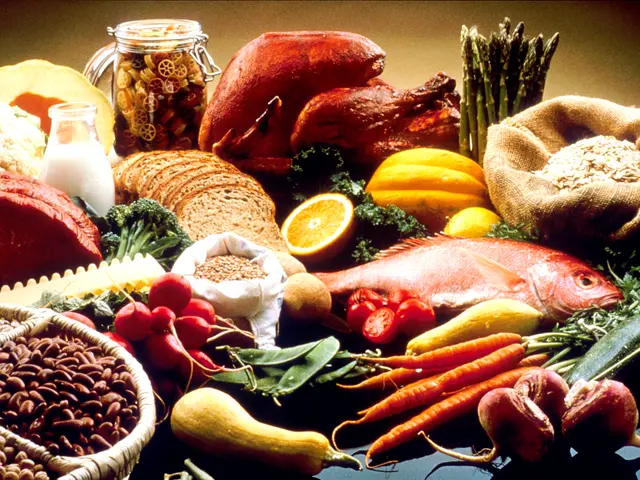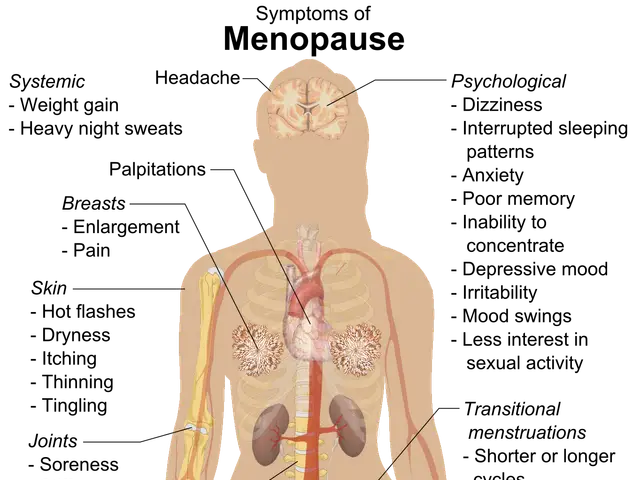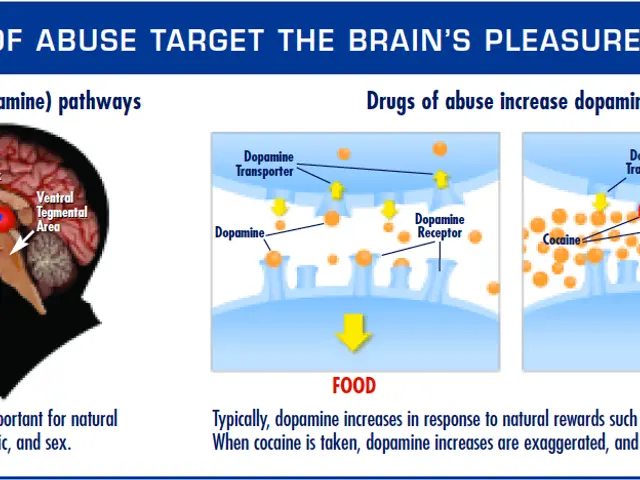Diet may not hold the key to reducing stroke risk
In a groundbreaking study led by Dr. Catriona Reddin of the University of Galway, the link between psychosocial stress and stroke risk has been further established. The research, part of the INTERSTROKE study, provides investigators with a better understanding of stroke prevention in different regions and ethnic groups.
The findings reveal that chronic psychological distress significantly increases the risk of stroke. A large U.S. study analyzing over 284,000 adults found that those experiencing psychological distress had more than twice the odds (117% increased risk) of having a stroke compared to those without distress, even after adjusting for traditional cardiovascular risk factors like hypertension and diabetes.
Different types of psychosocial stress — including family, financial, health, and emotional stress — have been associated with increased risk for specific stroke subtypes, such as intracerebral hemorrhage (ICH). This relationship persists even after controlling for hypertension, suggesting that psychosocial stress independently contributes to stroke risk beyond its effects on blood pressure.
The study also highlights the widespread impact of psychosocial factors, with about 23% of studied individuals reporting significant stress. Furthermore, mental health conditions linked to stress (depression, anxiety) also elevate stroke risk. These psychological conditions can also negatively affect quality of life and recovery outcomes for stroke patients, with social support and self-esteem playing important protective roles during rehabilitation.
However, there is a silver lining. Regular practice of stress-reducing habits, such as yoga, meditation, exercise, and maintaining a healthy diet, can help individuals better cope with stressful situations. Feeling more in control of one's work life can lower the increased stroke risk associated with severe work stress. Similarly, feeling more in control of one's situation lowers the elevated risk of stroke associated with home stress.
It's important to note that stroke is the most common cause of adult disability globally, and only 10% of stroke survivors recover almost completely. This evidence underscores the importance of managing psychosocial stress as part of comprehensive stroke prevention and patient care strategies.
The INTERSTROKE study also found that just one stressful life event increases the risk of stroke by 17%, while two or more stressful life events raise stroke risk by 31%. On a positive note, a healthy diet does lower risks for cardiovascular disease, type 2 diabetes, age-related frailty, autoimmune diseases, and premature death. Eating a diet rich in whole grains, fruits, vegetables, and fish, and low in added sugar, salt, red meat, and highly processed foods is recommended.
In conclusion, managing psychosocial stress is a crucial aspect of stroke prevention and recovery. By adopting stress-reducing habits and maintaining a healthy lifestyle, individuals can significantly lower their risk of stroke and improve their overall well-being.
- The study indicates that mental health conditions, such as depression and anxiety, which are linked to psychosocial stress, also increase the risk of stroke.
- Incorporating stress-reducing habits like yoga, meditation, exercise, and a healthy diet can help individuals lower their risk of stroke, as these habits contribute to overall health-and-wellness and mental-health, thus reducing the impact of psychosocial stress.





